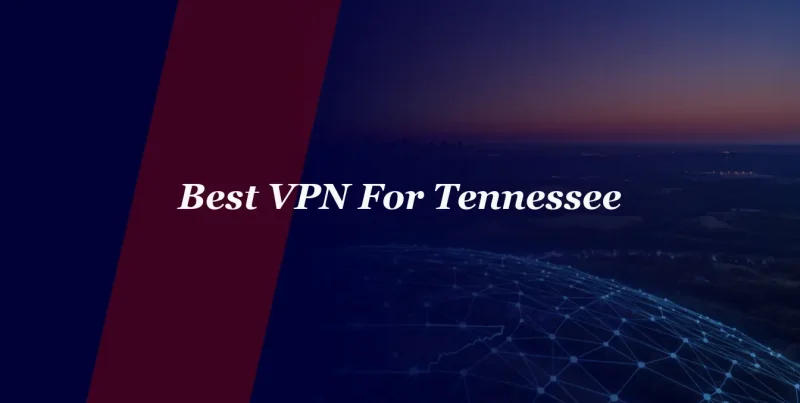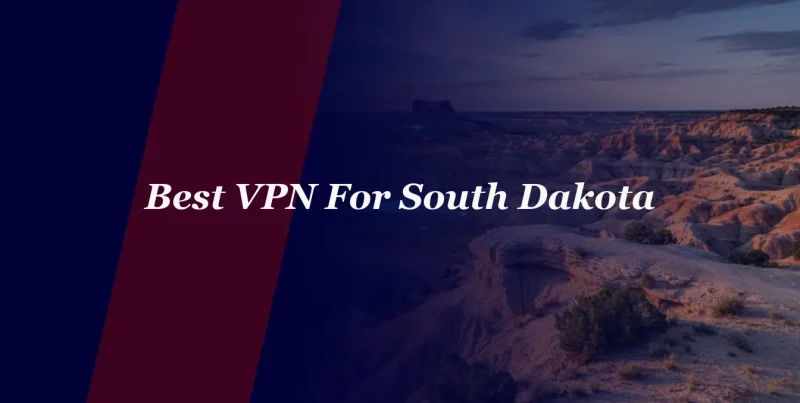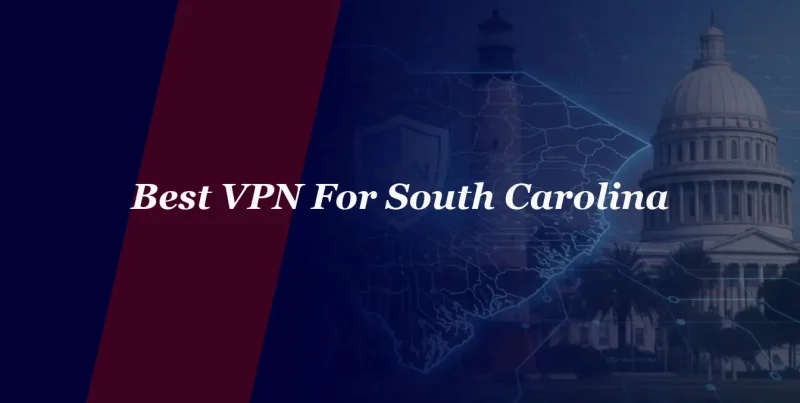Accessing information seamlessly is of utmost importance in academia, whether research articles, online libraries, educational resources, or any other digital resource that impacts the learning journey. Unfortunately, students often encounter restrictions and content blocks imposed by educational institutions, governments, or certain websites.
At such times, Virtual Private Networks (VPNs) become invaluable tools, enabling unrestricted access and thus furthering the overall academic experience. While there are countless VPNs, our top choice will always be Surfshark. It has very affordable plans for students and is, overall, a great option for academics.
Unrestricted Access is Necessary
The Internet has transformed education, providing students access to a vast ocean of knowledge. From academic articles and e-books to research databases and collaborative platforms, the digital space has become an untapped treasure trove for scholarly resources. However, some educational institutions implement content restrictions or firewalls for various reasons that limit students’ access to certain websites, services, or platforms.
Restrictions can create difficulties for students in their academic pursuits, for instance, by making specific research articles or online libraries unavailable due to geographical conditions or institutional policies. Furthermore, communication tools might be banned altogether, preventing group projects or virtual collaboration.
As a result of such challenges, VPNs have become an invaluable solution for providing access to digital tools needed by students without restrictions or barriers preventing virtual collaboration and group projects from going smoothly. If you also need paper writing help, check out the link for more.
Get Surfshark With an 82% Discount
Understanding VPNs and How They Function
Virtual Private Network (VPN) technology creates a private network from a public internet connection. It offers greater privacy and security by concealing user IP addresses while encrypting data transferred between their device and a VPN server. Its primary function is to ensure users’ anonymity by hiding their identities online, masking IP addresses, and protecting privacy by protecting sensitive information exchanged between their devices and VPN servers.
VPNs play an invaluable role in helping students access restricted content. By connecting to a server located in another region or country, students can bypass geographical restrictions and content filters while appearing as though they’re accessing it directly from this server’s location. This allows them to bypass content blocks that might otherwise restrict them and gain access to any restricted material in their actual physical locations.
Advantages of VPNs for Students
A VPN offers countless advantages for a student, including improved security and privacy. We’ll look at these advantages in detail below:
Unrestricted Access to Research and Resources
VPNs enable students to gain access to research articles, journals, and online libraries that may be restricted in their geographical region – a beneficial feature for international students or those studying in areas with stringent internet regulations.
Strengthened Security on Public Wi-Fi
Students often make use of public Wi-Fi on campuses or libraries. VPNs add a layer of protection by encrypting data, guarding against potential cyber threats, and safeguarding academic work confidentiality.
Collaboration Across Borders
VPNs allow students working on collaborative projects with peers from various countries to communicate seamlessly and share files without being restricted by geographical restrictions. Students can easily access shared documents and resources even when on trips, see canarianweekly.
Privacy and Anonymity
VPNs offer users anonymity when browsing, which is especially valuable when conducting research on sensitive topics or accessing content that may come under close scrutiny.
Access to Streaming Services
VPNs enable students to gain access to educational content that may only be available in their current region via streaming services such as Netflix. They enable students to gain access to documentaries, educational videos, and online courses that may otherwise be limited by physical location restrictions.
Bypassing Censorship
In some regions, internet censorship is an everyday reality. VPNs enable students to bypass this restriction and gain access to an open and free internet, providing them with more perspectives and knowledge from across the web.
Get Surfshark With an 82% Discount
Selecting a VPN Provider to Meet Academic Needs
Selecting the proper VPN is essential to creating a positive educational experience. Here are some factors you should take into account when choosing a VPN:
Security Features
To ensure optimal VPN security, look for one with robust security features like strong encryption protocols, a no-logging policy, and kill switch technology that shuts off the internet if its connection fails.
Server Locations
Look for VPN services with multiple server locations so that you can select servers in regions where the content you need can be easily accessible.
Speed and Performance
A fast and secure connection is integral to providing users with an excellent user experience, so when choosing a VPN with high-speed servers, it will allow seamless access to online resources.
Compatibility
Ensure your VPN can accommodate various devices and platforms, including laptops, smartphones, and tablets, to meet all your academic needs across devices.
User-Friendly Interface
Student VPN users in need of easy navigation often need more tech proficiency and require something with an intuitive design to connect and navigate settings quickly. A VPN with this type of user-friendly design makes accessing their virtual private network faster and simpler than ever before.
Customer Support
When selecting a VPN provider, make sure they offer excellent customer support. Having someone there when any problems or questions arise can make a major difference in terms of reliability.
Conclusion
Within academia’s ever-evolving environment, students require unrestricted access to information for research, studies, and collaborations. Virtual Private Networks (VPNs) are invaluable tools, providing a secure way of bypassing content restrictions and accessing blocked resources. By understanding their functionality, considering their advantages, and selecting one explicitly tailored to academic needs, students can navigate digital space effortlessly, maximize learning experiences while adhering to ethical considerations and legal compliance – and ensure an enjoyable journey!







